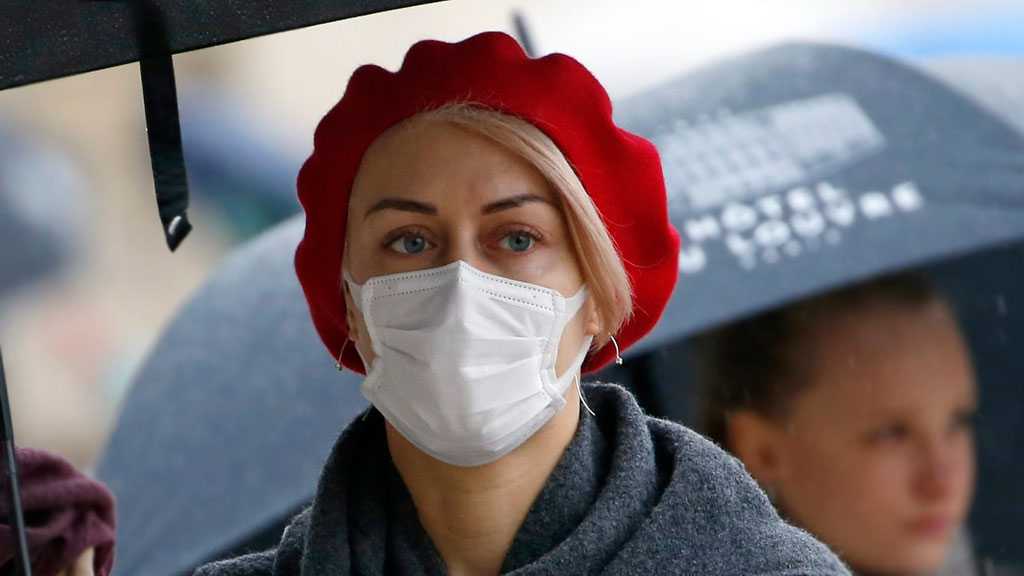Face Masks Are Less Effective in The Rain, Experts Warn

By Staff, Agencies
Face masks can become less effective when worn in the rain, the World Health Organization [WHO] and scientists warned.
The health group and a number of experts stated that face coverings must be replaced if they become damp and urged government officials to provide the public with “clear advice” about wearing masks during wet weather.
While it is not compulsory to wear protective face coverings when outdoors in the UK, some people opt to keep their masks on while walking between different sites.
Tim Spector, professor of genetic epidemiology at King’s College London, told The Times: “It would now be useful if clear advice were issued to the public.
“Masks need to be changed regularly and this is particularly important to understand in damp and wet weather.”
“It is obvious that masks will get damp as people shop and travel in bad weather,” Consultant Cardiologist Aseem Malhotra added.
“There has been no public campaign to make people aware that this can make their masks ineffective.”
According to official guidance from the Department of Health and Social Care, the public should "change the face covering if it becomes damp or if you’ve touched it."
Similarly, advice from the WHO states that fabric face masks should consist of at least three layers of different material. However, it adds that moisture can compromise this protection.
It adds that while N-95 masks are considered among some of the most effective in preventing infection, the non-woven fabric used does not repel water, meaning that any moisture can restrict safe and efficient filtering.
“For any type of mask, appropriate use and disposal are essential to ensure that they are as effective as possible and to avoid any increase in transmission,” the WHO states.
“All masks should be changed if wet or visibly soiled; a wet mask should not be worn for an extended period of time. Replace masks as soon as they become damp with a new clean, dry mask.”
Karol Sikora, a former chief of the WHO’s cancer program, said: “Moisture makes masks porous and because of this all types of mask are essentially vulnerable in damp weather.
He added that the public need to “be given clear advice by the authorities”, particularly given the recent bout of wet weather across the UK.
Comments
- Related News




